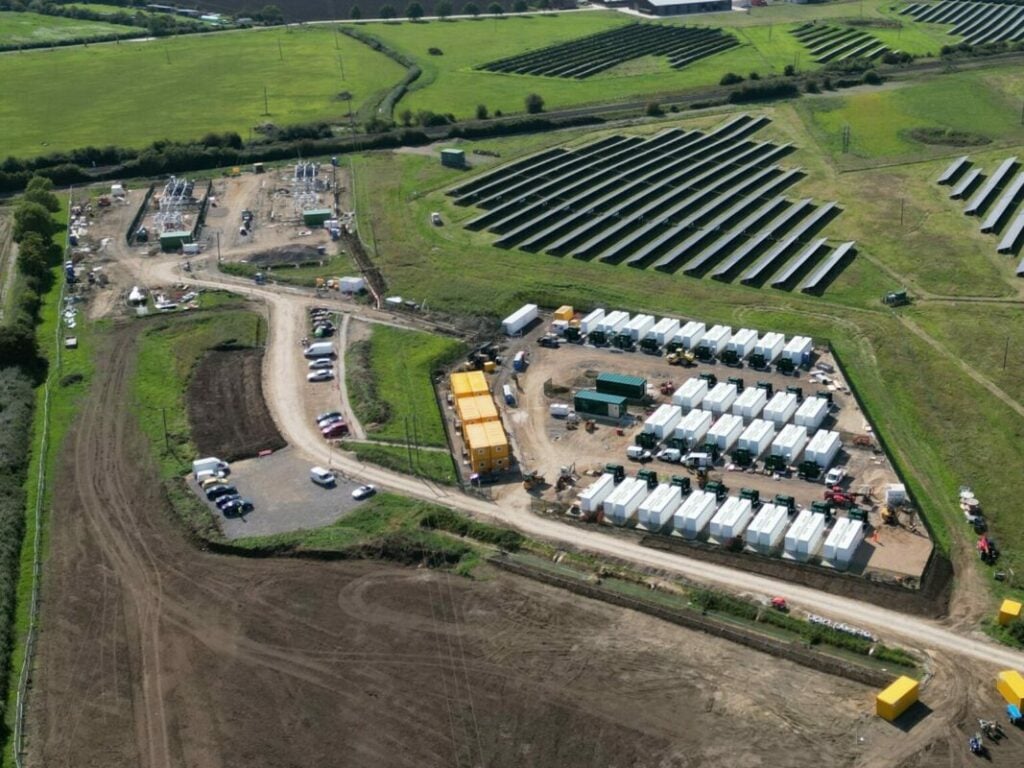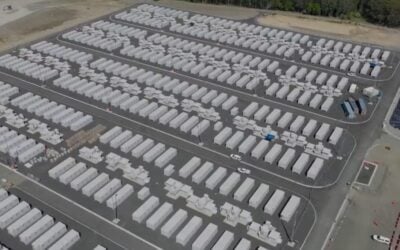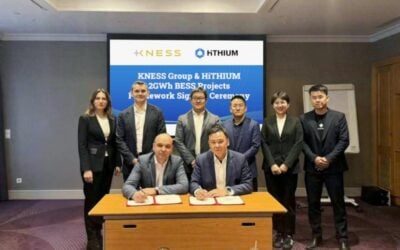
The sale of the UK BESS-holding Harmony Energy Income Trust (HEIT) proved private capital’s greater patience and valuation around the asset class, the CEO of its former investment advisor told Energy-Storage.news.
Peter Kavanagh, CEO of battery energy storage system (BESS) developer-operator Harmony Energy was talking to ESN Premium for an interview article published last week, discussing the HEIT sale, strategy going forward and expansion into continental Europe.
HEIT, which Harmony Energy set up, managed investments of and held minority stake in, along with other UK listed BESS funds saw its revenues and valuations plummet in 2023/24. The fall in share price brought HEIT’s market capitalisation below its net asset value (NAV), meaning it could not raise new capital.
The HEIT board subsequently launched a sale of the fund, which it said would demonstrate that the portfolio was being undervalued by the public markets.
Try Premium for just $1
- Full premium access for the first month at only $1
- Converts to an annual rate after 30 days unless cancelled
- Cancel anytime during the trial period
Premium Benefits
- Expert industry analysis and interviews
- Digital access to PV Tech Power journal
- Exclusive event discounts
Or get the full Premium subscription right away
Or continue reading this article for free
HEIT was sold with its eight-project, 395.4MW/790.8MWh portfolio to Foresight Group in June. Foresight acquired it through its Foresight Energy Infrastructure Partners II (FEIP II) and Blackmead Infrastructure Limited funds. The transaction concluded at a 94% premium to HEIT’s share price when it announced it was undergoing a sales process.
“The HEIT sale proved what we were saying about the NAV and has given us credibility in the market, and solid foundations to grow the business privately,” Kavanagh said.
“The sale proved private investors were willing to be more patient, and pay a higher price for assets.”
Harmony Energy will continue to develop, build and operate grid-scale BESS projects with outside investors brought in to own the projects long-term. But this will be by selling equity in the Harmony Topco, not via a publicly traded fund like HEIT.
That means investors will take on development risk, which HEIT did not, but will have more potential upside than the listed fund did, he said.
Read the full article and watch the 40-minute video interview with Kavanagh here, with a subscription to ESN Premium.





